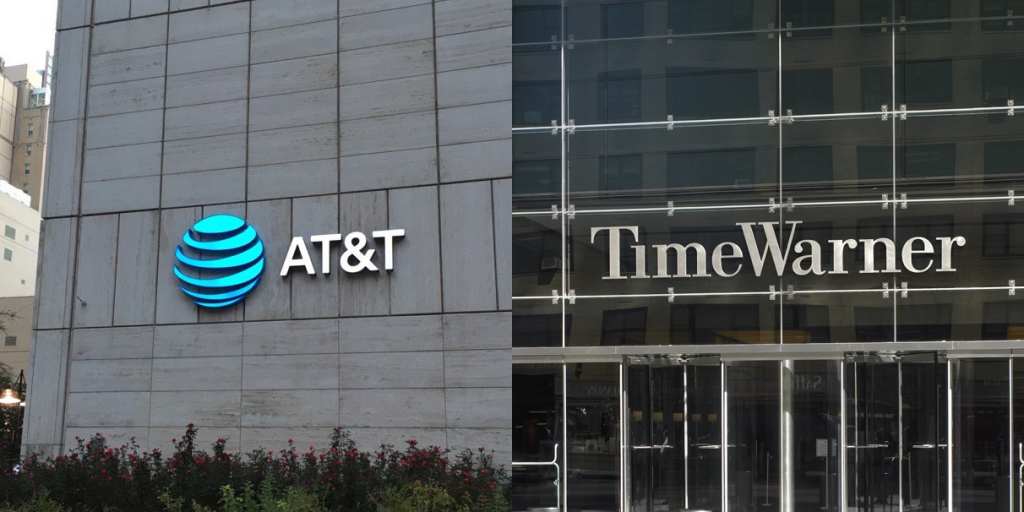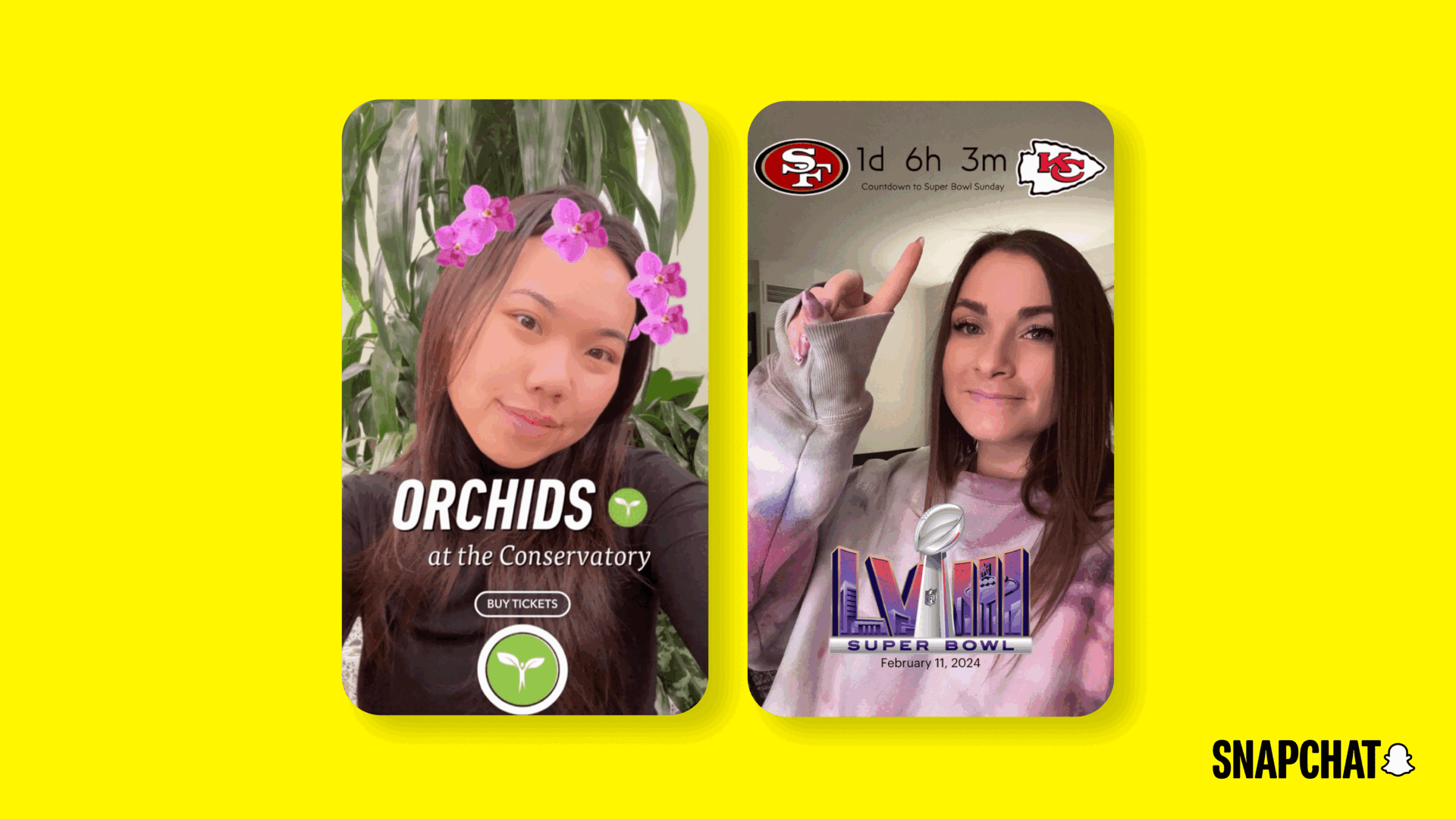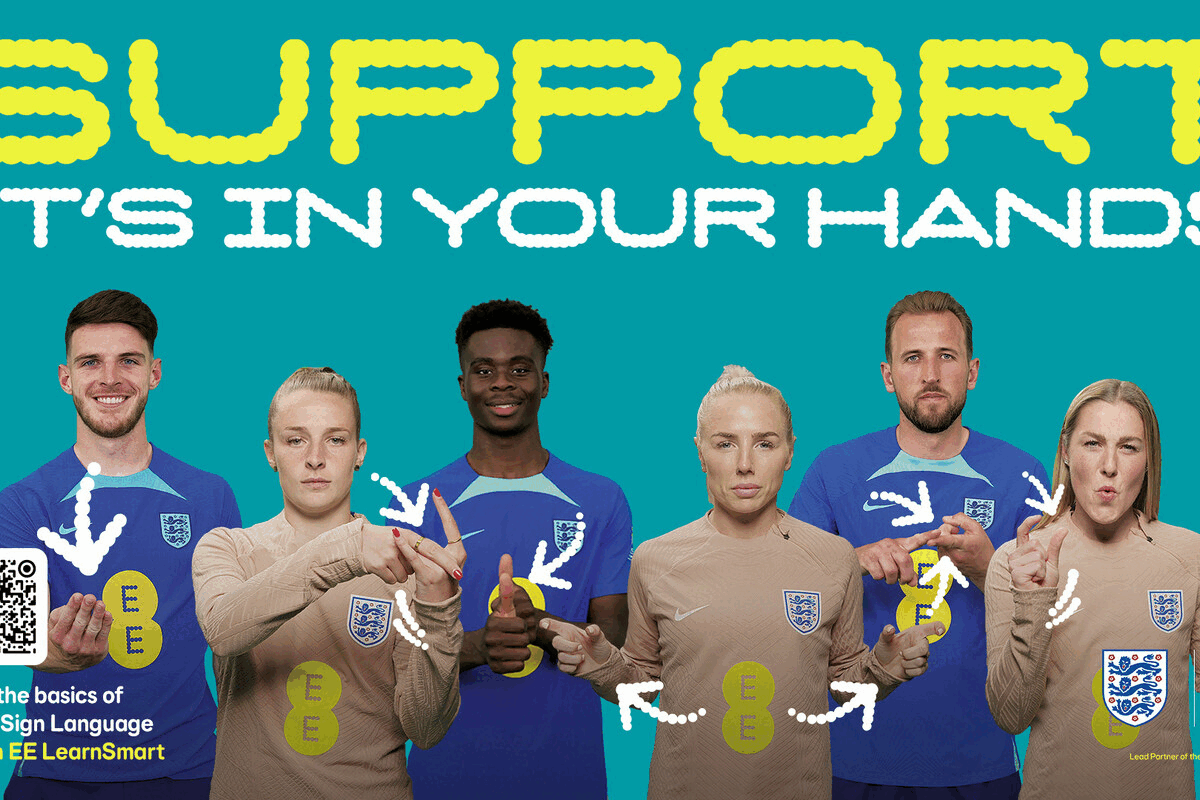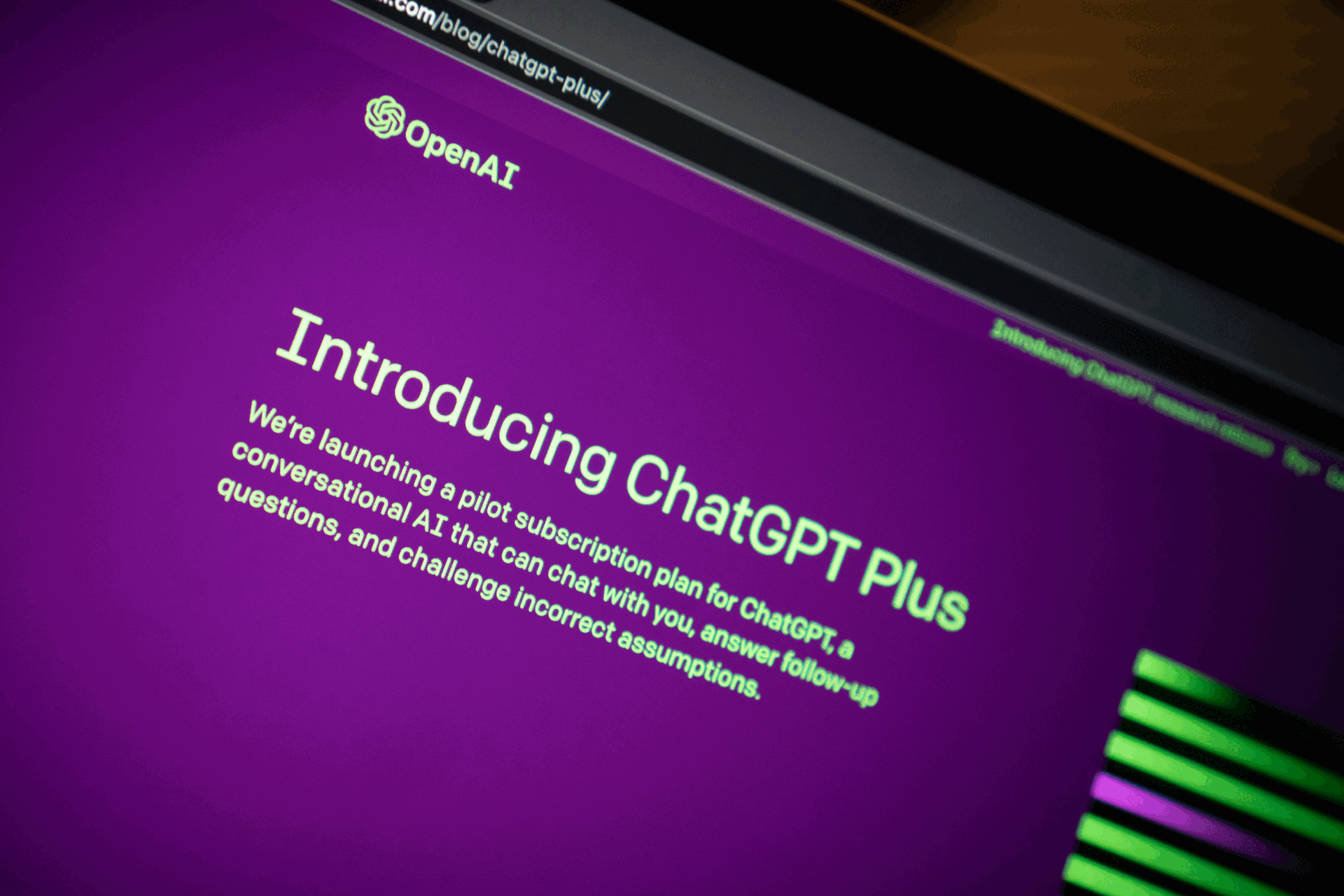AT&Ts $85bn Time Warner Acquisition to Bring TV and Mobile Closer Together
- Monday, October 24th, 2016
- Share this article:
 Its been a strange few years for mobile network operators, as they try to find their place in a world where OTT services like WhatsApp, Skype and Facebook have eaten into their basic revenue sources. The answer, at least for the USs telco giants, seems to be moving into digital more broadly. In the last 18 months, weve seen Verizon acquire AOL, Millennial Media and – provided nothing halts the deal – Yahoo.
Its been a strange few years for mobile network operators, as they try to find their place in a world where OTT services like WhatsApp, Skype and Facebook have eaten into their basic revenue sources. The answer, at least for the USs telco giants, seems to be moving into digital more broadly. In the last 18 months, weve seen Verizon acquire AOL, Millennial Media and – provided nothing halts the deal – Yahoo.
Now the countrys other biggest telecoms player has followed suit, as AT&T has agreed to pay $85bn (£69.5bn) to acquire media giant Time Warner.
Among Time Warners many media assets are Warner Bros Entertainment, HBO, CNN, The CW, Cartoon Network and DC Comics. The acquisition is intended to combine this vast library of content and ability to create new premium content that connects with audiences around the world with AT&Ts leading scale in TV, mobile and broadband distribution, which currently have over a combined subscriber base of over 100m.
“This is a perfect match of two companies with complementary strengths who can bring a fresh approach to how the media and communications industry works for customers, content creators, distributors and advertisers,” said AT&T CEO Randall Stephenson. “Premium content always wins. It has been true on the big screen, the TV screen and now it’s proving true on the mobile screen. We’ll have the world’s best premium content with the networks to deliver it to every screen. A big customer pain point is paying for content once but not being able to access it on any device, anywhere. Our goal is to solve that. We intend to give customers unmatched choice, quality, value and experiences that will define the future of media and communications.”
The plan, then, seems to be bringing more TV and film content direct to mobile. As the companys announcement puts it: the future of video is mobile and the future of mobile is video.
This is a space Time Warner has already taken steps into, perhaps most notably with its HBO Go and HBO Now streaming services. In a February earnings call, Time Warner revealed HBO Now had just 800,000 subscribers. That number is dwarfed by services like Netflix, with 47m subscribers in the US alone, but its possible that a unified strategy bringing together content from all the groups composite parts might be able to turn those fortunes around.
















